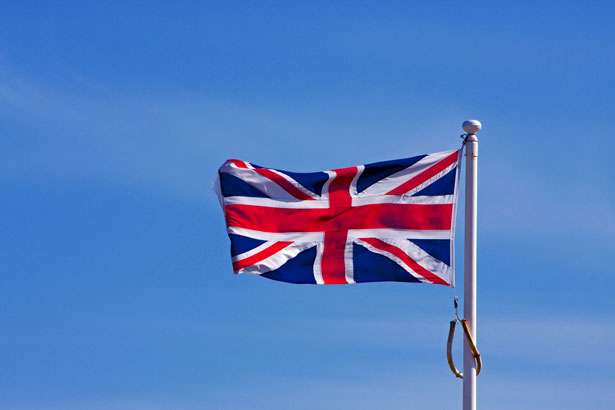WELCOME TO AMERICAN ADMIRALTY BOOKS
YOUR PORTAL TO THE MARITIME WORLD
 This Week End we continue our serious discussions of events in Syria and elsewhere while bringing you our usual light weight week end features
This Week End we continue our serious discussions of events in Syria and elsewhere while bringing you our usual light weight week end features
LOCATED ADJACENT TO MARITIME AND WATER SPORTS SHOPS, Click on the hyper link below to go shopping
American Admiralty Shopping Malll
YOU HAVE ARRIVED AT THE STATION IDENTIFICATION AND NOTICE BOARD
To view a Brief Video about the contents and mission of this site click on the link below to YouTube and then the back arrow to return here after viewing. For additional information about the site click on INTRODUCTION or SITE GUIDE AND INDEXES in the column to your right.
 http://www.youtube.com/watch?v=AFw32RRJY98
http://www.youtube.com/watch?v=AFw32RRJY98
THIS SITE WAS CONSTRUCTED IN GOOGLE CHROME BUT THE FOLLOWING SEEMS TO WORK FOR MOST BROWSERS: THERE IS A "BACK ARROW" IN THE UPPER LEFT HAND CORNER OF THIS WINDOW. YOU MAY RETURN HERE OR TO ANY OTHER POINT IN THE SITE FROM ANY PLACE YOU REACH FROM A SITE LINK BY CLICKING ON THE"BACK BUTTON" UNTIL YOU REACH YOUR DESIRED RETURN POINT.
THE BIG LINKS LOCKER:
UNLOCKING THE MARITIME WORLD: Our mission is literally to unlock the maritime world by making all English language maritime data easy to find, available, evaluated when possible, and affordable. We suggest checking our subject pages to your right first, by clicking on the subject section most like your particular interest. Or if you are strictly looking for links to specialized subject sites in the maritime realm click here and scroll down to the BIG LINKS LOCKER
VISIT OUR SHOPPING MALL  :http://americanadmiraltybooks2.blogspot.com/p/blog-page_13.html
:http://americanadmiraltybooks2.blogspot.com/p/blog-page_13.html
There you will find fishing, sailing, surfing, boat building, and diving equipment as well as books that we have not yet reviewed in our special interest pages to your right.
OUR BUSINESS DAY STARTS WHENEVER YOU ENTER. WE ALWAYS START OUR BUSINESS DAY THE SAME WAY WITH THE NATIONAL ANTHEM:
OUR BUSINESS DAY STARTS WHENEVER YOU ENTER. WE ALWAYS START OUR BUSINESS DAY THE SAME WAY WITH THE NATIONAL ANTHEM:

 Star Spangled Banner GOD SAVE THE QUEEN
Star Spangled Banner GOD SAVE THE QUEEN



